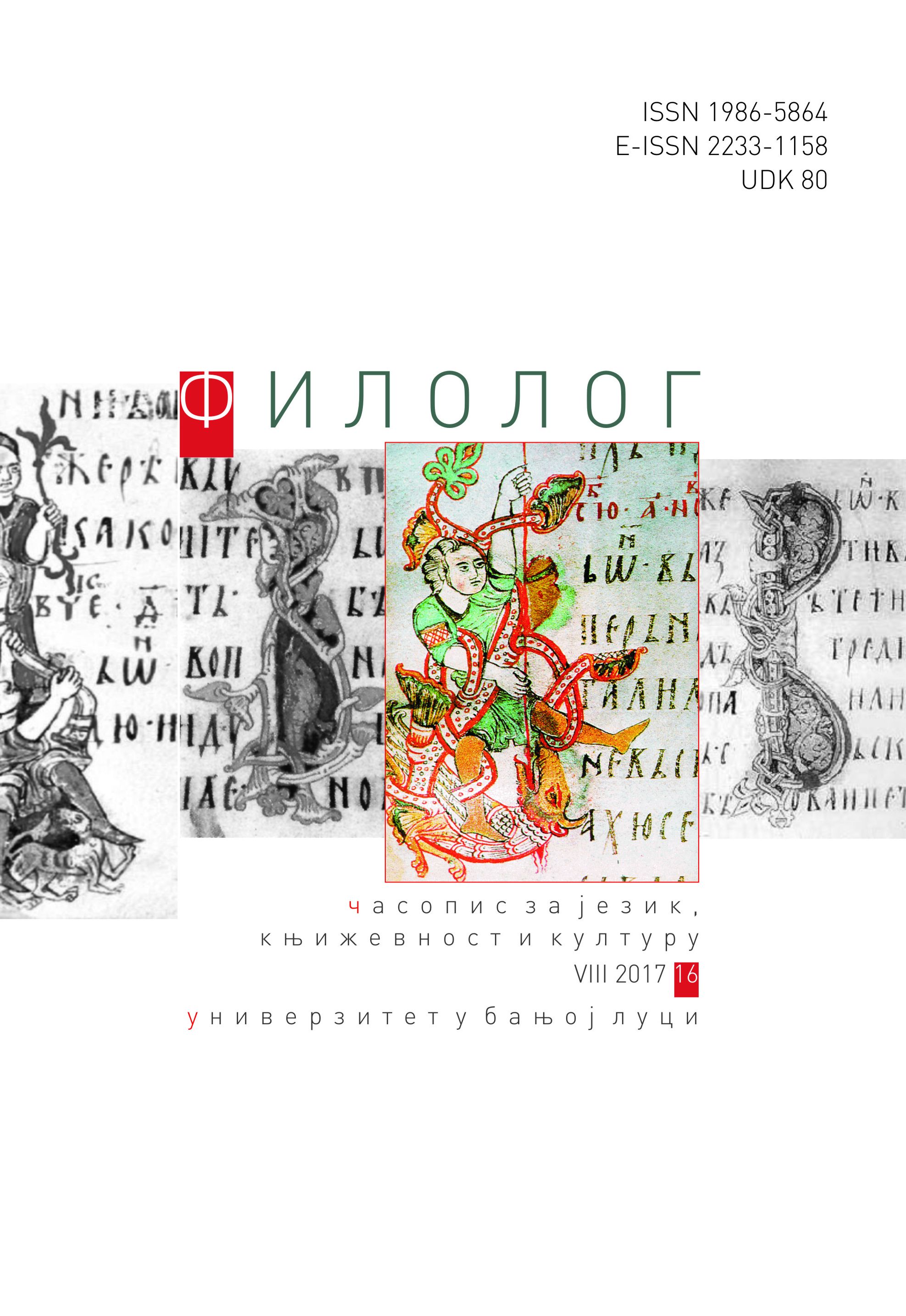“A Bag of Bones is not Justice”: Enforced Disappearance and Witnessing in Michael Ondaatje’s “Anil’s Ghost”
“A Bag of Bones is not Justice”: Enforced Disappearance and Witnessing in Michael Ondaatje’s “Anil’s Ghost”
Author(s): Danijela Lj. PetkovićSubject(s): Other Language Literature, Theory of Literature
Published by: Филолошки факултет Универзитета у Бањој Луци
Keywords: body; enforced disappearance; grief; justice; law; liminality; state terror; torture; witness;
Summary/Abstract: Michael Ondaatje’s fourth novel, Anil’s Ghost, is almost universally deemed his “most politically ambivalent work” (Marinkova 2011:1) – and that’s putting it mildly. Since the publication of the novel in 2000, both Anil’s Ghost and its author have been accused of aestheticising terror, of an apolitical glance, an uneasy human rights discourse, and of evading the discussion of the actual causes of the Sri Lankan civil war, as summarised by Wendy Knepper (in Muhleisen and Matzke eds 2006: 45-6). While the aim of this paper is not necessarily to defend Ondaatje by refuting all of these claims individually, it nonetheless offers an interpretation of the novel, which implicitly problematises at least some of these assertions. The central argument is that the novel, while expressing unambiguous disillusionment with (violent) political struggle, is political in the sense that it unflinchingly explores state terrorism and one of its weapons, the enforced disappearance: even more so in its representation of the terror-defying potential of ethical witnessing (especially when contrasted with testifying). As the novel is explicitly set in real life “political time and historical moment” (Ondaatje 2001:2), these issues are contextualised within the history of state terror and resistance to it, on the one hand, and criticism of ethical witnessing on the other. In Anil’s Ghost, as in real life historical examples, moreover, both state terror and witnessing centre on torture, so the paper relies on insights by Avery Gordon, Elaine Scarry and Jenniffer Ballengee in particular to support the thesis that Ondaatje’s clinical and poetic focus on the bodies exposed to pain and death under conditions of state terror inevitably incites the empathetic and defiant response from the reader/viewer/the witness. It is here that the political potential of witnessing comes to the fore most forcefully.
Journal: Филолог – часопис за језик, књижевност и културу
- Issue Year: 2017
- Issue No: 16
- Page Range: 324-340
- Page Count: 17
- Language: English

